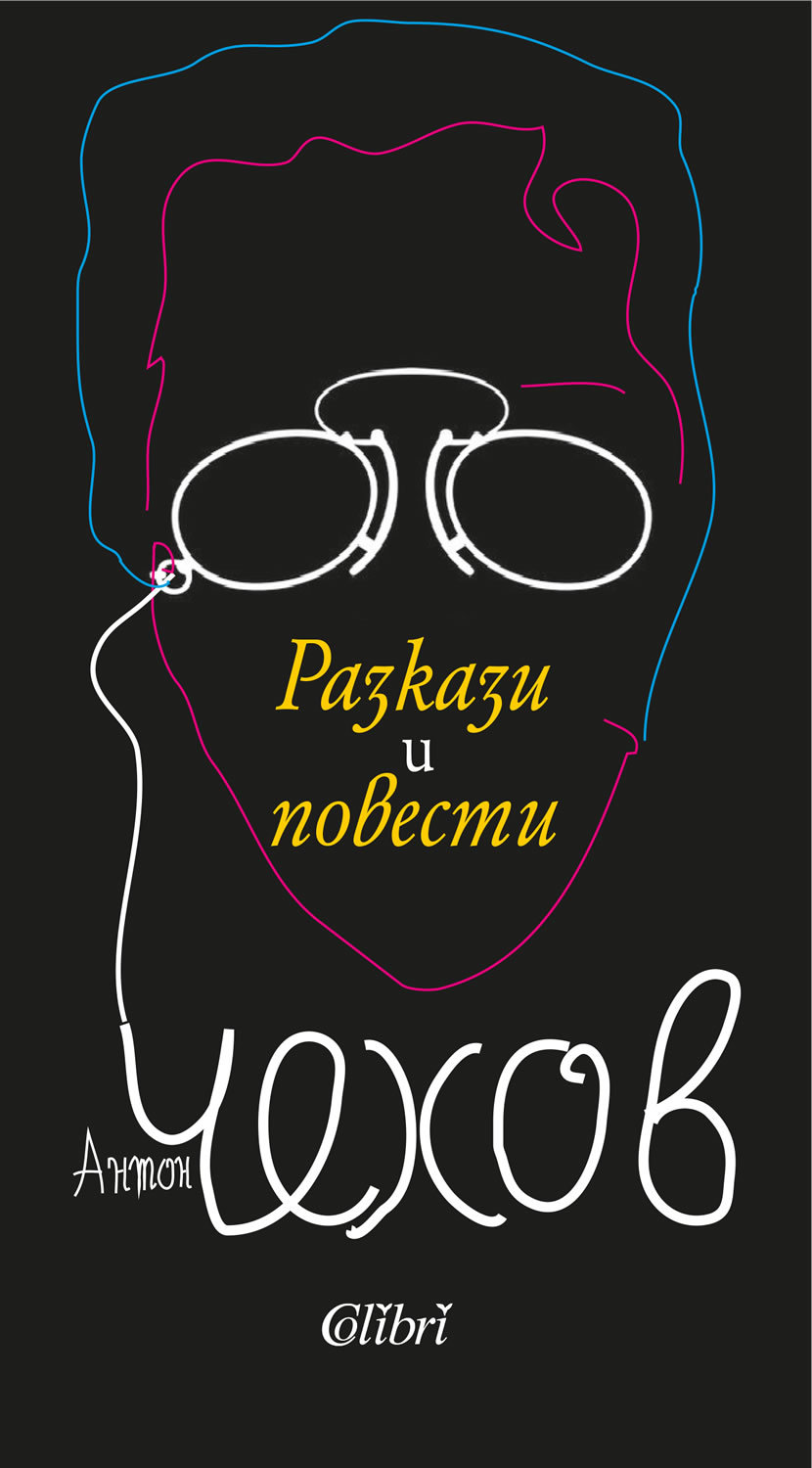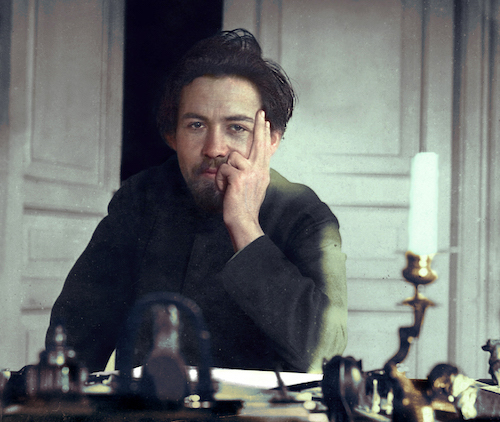What do you think?
Rate this book


560 pages, Hardcover
Published April 21, 2017

'Amem! Casem-se! Façam asneiras!... A asneira é muito mais necessária e sã que todos os nossos esforços no sentido de levarmos uma vida sensata.' (O Conselheiro Privado)
'(…) bem ponderadas as coisas, tudo neste mundo é maravilhoso, tudo, exceto aquilo que imaginamos e fazemos quando perdemos de vista os mais sublimes objectivos da existência e esquecemos a nossa dignidade de homens.' (A Dama do Cachorrinho)
'Andava maluco…tinha a mania da grandeza… Mas fora isso sentia-me lúcido, ativo e sempre satisfeito… Era um homem interessante e original. Agora tornei-me racional e sólido, como toda a gente. Sou um medíocre e a vida não passa de uma coisa enfadonha. Oh, que cruéis… que cruéis vocês foram para mim! Tinha alucinações… que mal fazia isso aos outros? Que mal, pergunto eu? (O Monge Negro)